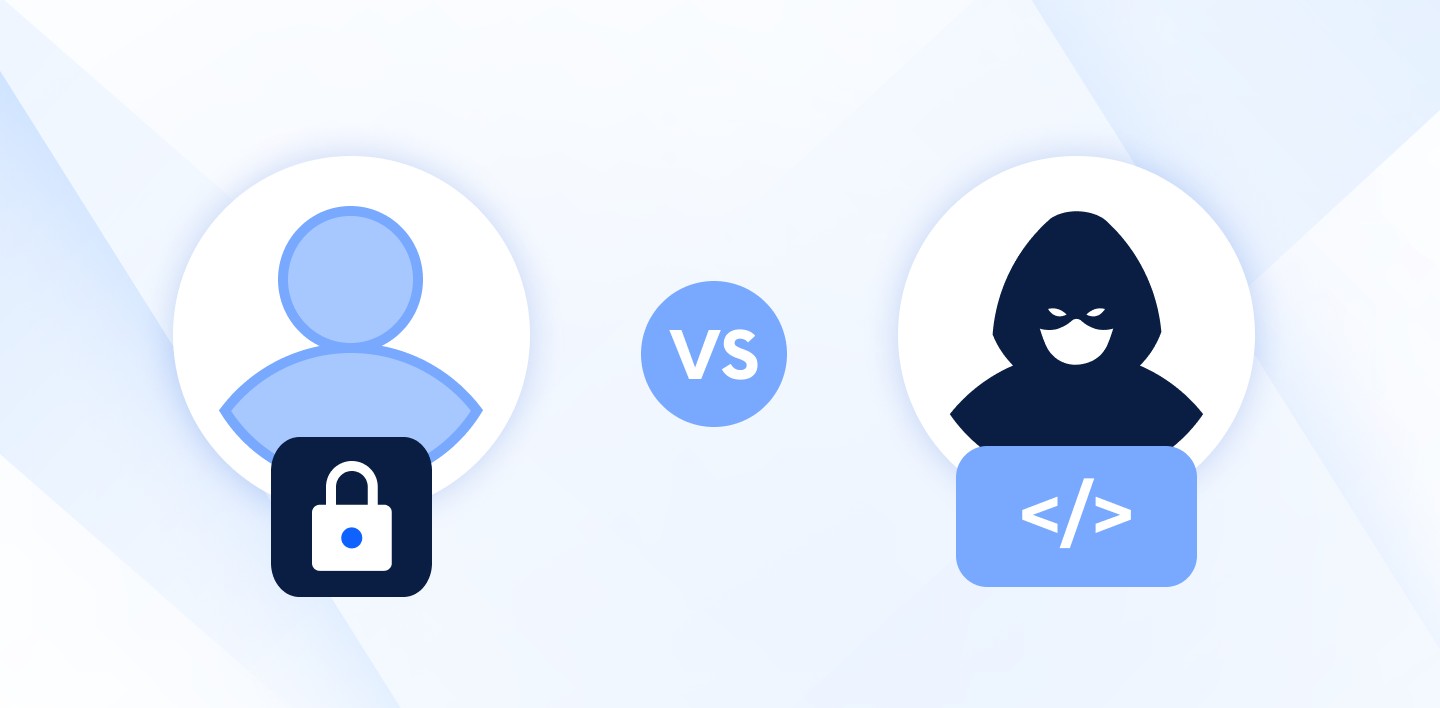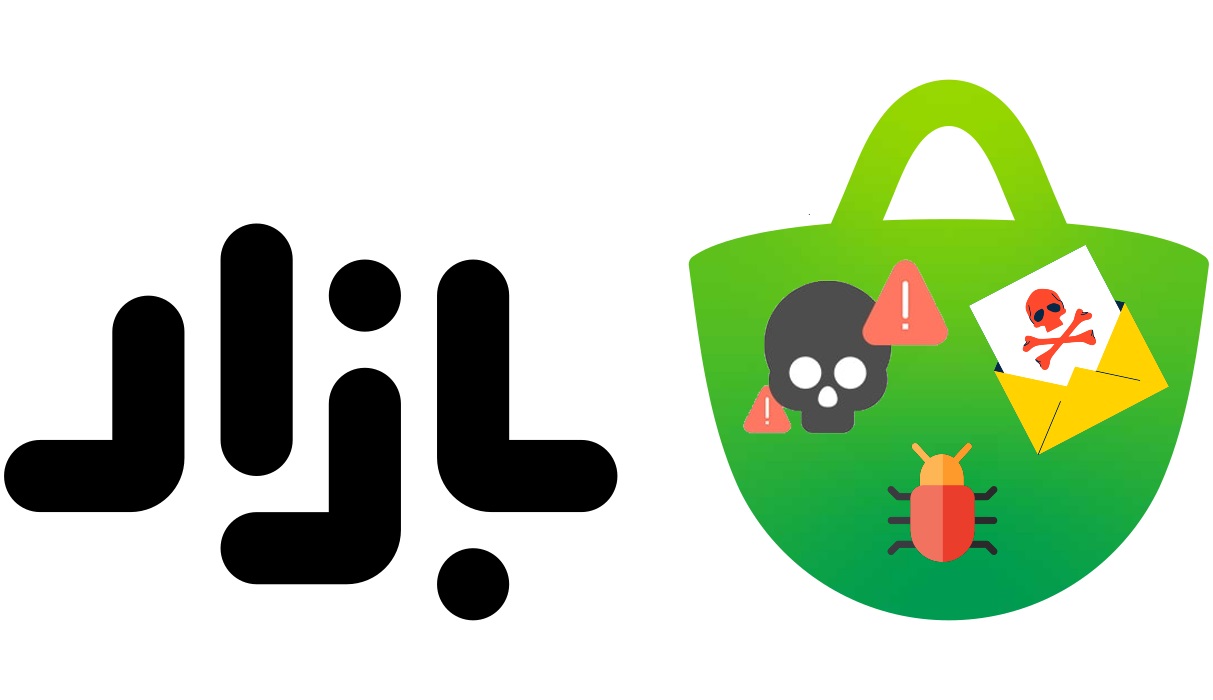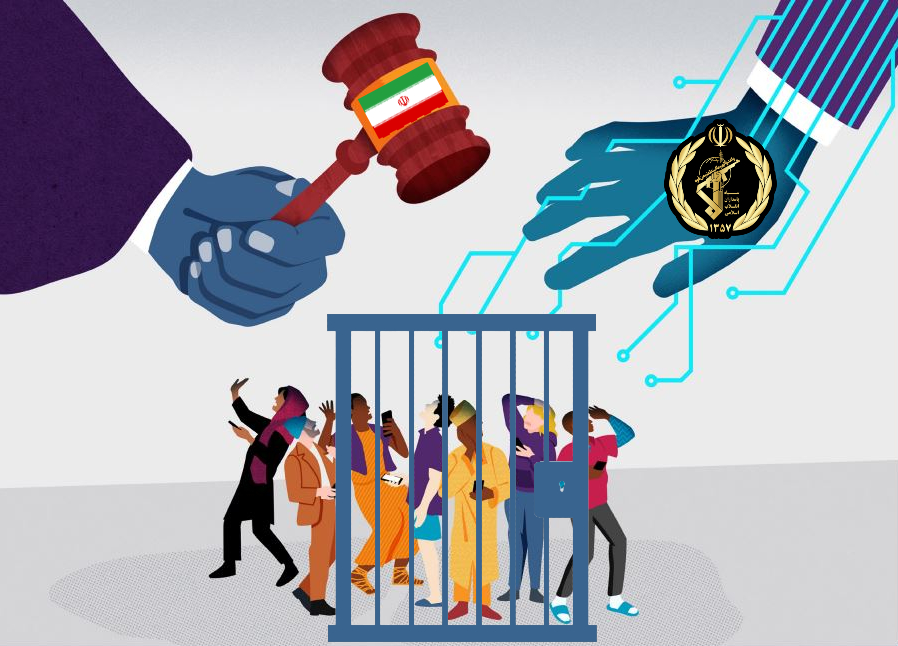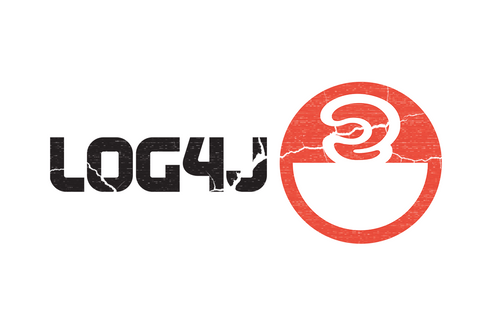Guest written by Laurtis Vestergaard
In the first post of our series on setting up VPNs we covered the basics of how to set up a VPN what equipment is needed. If you missed it you can read it here. Today, we are going to cover what privacy and anonymity are and how they are different.
What is privacy?
It is generally agreed that privacy in the context of internet activity refers to a private connection to the internet without third-party involvement but what does this mean? Usually, it is individual actors/corporations attempting to gain or exploit a user’s personal data for their benefit. For example, if we look at cookies we have the option to restrict what information the website has access to. These are normally used to track a user’s browsing activity and subsequently serve tailored adverts to the user.
What does privacy on the internet mean?
To have privacy means to have the right to avoid the monitoring of a user’s internet access by any other person. It means a user can freely browse the internet without having their personal data leaked across multiple platforms or have corporations sell their information for financial gain.
What is anonymity on the internet?
This generally refers to the practice of not having a name or any other piece of identifiable information connected with your online footprint.
Being anonymous would also mean restricted access to most desirable features of internet usage and without taking extreme measures, it would be difficult to buy things online or use social media.
Anonymity vs privacy
Let’s be clear. Privacy and anonymity are not the same thing at all and if the two are confused there is an undeniable risk to a user’s online security.
If the aim is to prevent the monitoring and comprehensive buildup of a user’s digital footprint, privacy is the option. Normally, this is the most cost effective route, and includes measures such as buying a VPN.
For those with a technical background and who have the cash to burn, then being anonymous online is truly the only way to have no digital footprint at all. However, this is expensive, time consuming and the user will need to take numerous actions to make sure their name is completely removed from all online databases.
However, we believe that for the common internet user concerned about the selling of their data, a private internet connection (VPN) is sufficient.





